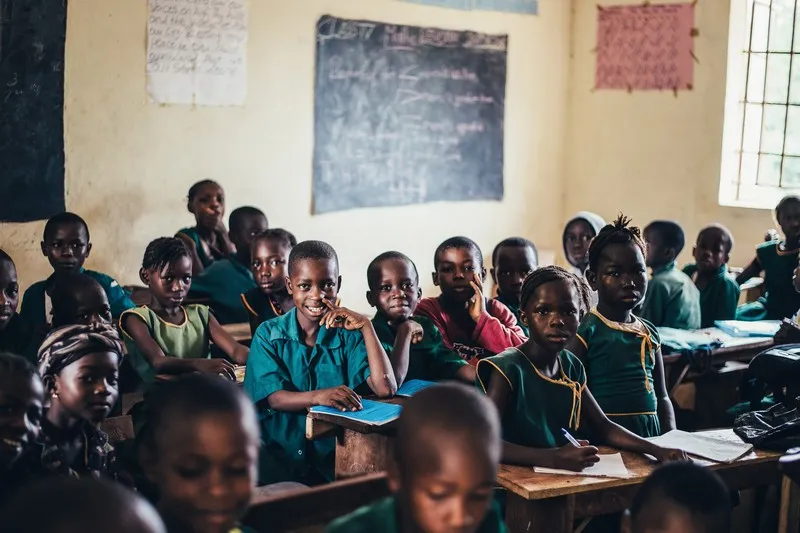Table of Contents
- The Concept of Ability Grouping
- Forms of Ability Grouping
- Implications for Students
- Implications for Teachers
- Sociological Perspectives on Ability Grouping
- Alternatives to Ability Grouping
- Conclusion
Ability grouping is a common practice in educational systems worldwide, where students are divided into groups or classes based on their perceived abilities or academic achievements. This practice, often referred to as tracking or streaming, has been the subject of much debate among educators, sociologists, and policymakers. In this article, we will explore the concept of ability grouping, its various forms, its implications for students and teachers, and the sociological perspectives that help us understand its impact on educational outcomes and social inequality.
The Concept of Ability Grouping
Ability grouping involves organizing students into groups or classes that reflect their academic performance, skills, or potential. This can occur within a single classroom, where students are divided into smaller groups for specific subjects or activities, or across different classes or schools. The primary aim is to tailor instruction to the needs of students with similar abilities, thereby enhancing learning efficiency and outcomes. However, the methods and criteria for grouping students can vary widely, leading to different implementations and outcomes.
Forms of Ability Grouping
Ability grouping can take several forms, each with distinct characteristics and implications. The most common forms include:
Within-Class Grouping
Within-class grouping, also known as flexible grouping, occurs when a teacher divides students within the same classroom into smaller groups based on their performance in a particular subject or task. These groups can be temporary and fluid, changing as students progress and their needs evolve. This form of grouping is often used in elementary schools, particularly in subjects like reading and mathematics.
Between-Class Grouping
Between-class grouping, also known as tracking or streaming, involves assigning students to different classes based on their overall academic performance. These classes often follow distinct curricula tailored to the abilities of the students in each track. For example, higher tracks might cover more advanced material at a faster pace, while lower tracks focus on basic skills and foundational knowledge. This form of grouping is more common in secondary schools.
Cross-Grade Grouping
Cross-grade grouping involves grouping students from different grade levels based on their ability in a specific subject. For instance, a talented mathematics student in the fourth grade might join a fifth-grade class for math lessons. This approach aims to provide appropriate challenges for advanced students while ensuring they receive instruction at their level of comprehension.
Implications for Students
The practice of ability grouping has significant implications for students’ academic and social experiences. These implications can be both positive and negative, depending on various factors such as implementation, student characteristics, and educational context.
Academic Outcomes
Proponents of ability grouping argue that it allows for more effective and targeted instruction, which can lead to improved academic outcomes. Teachers can design lessons that match the learning pace and style of students in each group, potentially accelerating learning for high-achieving students and providing necessary support for those who struggle. Research has shown that students in higher tracks often benefit from a more rigorous curriculum and higher expectations.
However, critics contend that ability grouping can exacerbate educational inequalities. Students placed in lower tracks may receive a less challenging curriculum, limited resources, and lower teacher expectations, which can hinder their academic growth and reinforce existing disparities. The “self-fulfilling prophecy” effect, where students internalize the expectations set for them and perform accordingly, can further entrench these inequalities.
Social and Psychological Impact
Get the full article AD FREE. Join now for full access to all premium articles.
View Plans & Subscribe Already a member? Log in.





